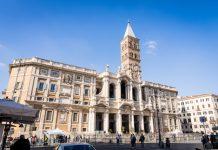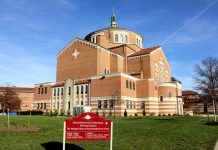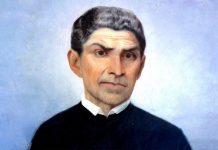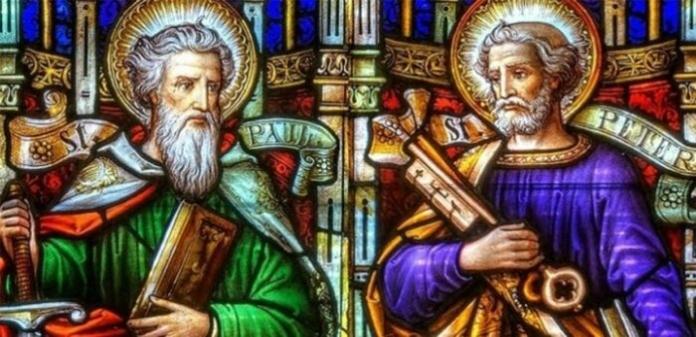The saints set an example of the diversity of vocations and calls conferred by God to souls.
Newsdesk (29/06/2021 14:21, Gaudium Press) The Catholic Church celebrates today, June 29, the Solemnity of the Apostles Saint Peter and Saint Paul. Both are considered the Apostles par excellence for distinguishing themselves in the race to spread and preserve the Faith, even to the extreme act of love and courage of giving their lives to preach the Good News of Jesus Christ.
From Simon to Peter
Saint Peter, formerly called Simon, was chosen by Our Lord Jesus Christ and the other eleven apostles to preach the Catholic Faith, a new doctrine endowed with a power that had just been born.
Saint Peter was the first among Jesus’ followers to proclaim the Divinity of Our Lord Jesus Christ when the master asked his disciples, “And you, who do you say that I am?” St. Peter took the floor and answered, “You are the Messiah, the Son of the living God.”(Mt 16:16)
Next, Our Lord uttered the famous statement, “You are Peter, and on this rock I will build my Church.” St. Peter was declared a rock to symbolize the solidity of the Church that would be founded on the true Rock: Christ. When he was declared a rock, St Peter was given the power of the keys, with the mandate to bind and loose on earth and in Heaven.
After the death of Christ, Saint Peter took on the role of the visible head of the Church, Vicar of Jesus Christ, with particular concern evangelizing the communities of Jewish origin.
St. Paul: from persecutor of Christians to Apostle of Jesus
St. Paul, in turn, a former persecutor of Christians, was converted through the direct manifestation of God’s will and began to persecute not Christians anymore, but rather the Glory of Christ, spreading His Word.
In his numerous and wise letters, we find the fierce and untiring zeal that consumed him. Through perseverance and love for God, he sought to spread the Good News of Christ and the spiritual progress of the various communities converted to Catholicism.
Undertaking journeys, tirelessly travelling through regions, spreading the Gospel of the Lord, he confirmed his vocation as the “Apostle to the Gentiles.” It was St. Paul who defended the conversion of non-Jewish peoples, giving them, too, the opportunity to become part of the Mystical Body of Christ and His Kingdom.
Martyrdom of St. Peter and St. Paul
After magnificently performing his mission as Vicar of Christ, Saint Peter was arrested and condemned to death on the Cross. But judging himself unworthy to die the same way as his Lord, asked to be crucified upside down, and so it happened.
The work done by St. Paul is extensive, and it would be almost impossible to describe it here. A work so vast and rich that generated against him an unheard-of hatred. Taken into captivity, St. Paul was imprisoned for three years until he was condemned to death by beheading with the sword.
Even at the hour of his martyrdom, he did not cease to perform marvellous prodigies: while being beheaded, his head struck the ground three times, bouncing on different points where three fountains originated: to this day, water flows from them in abundance.
Two pillars, two foundations
Both Saints are considered pillars and foundations of the Church, based on the crucial role they played in the Christian Faith’s propagation and defence. Both took their love for Christ to the highest degree it can reach. By giving their lives for the Lord, one by the Cross and the other by the sword.
In short: St. Peter and St. Paul complete each other. They represent one of the greatest examples of the diversity of vocations and calls bestowed by God on souls. Above all, they identify the degree of perfection in fulfilling the call: total dedication and love for the Lord. (EPC)




































